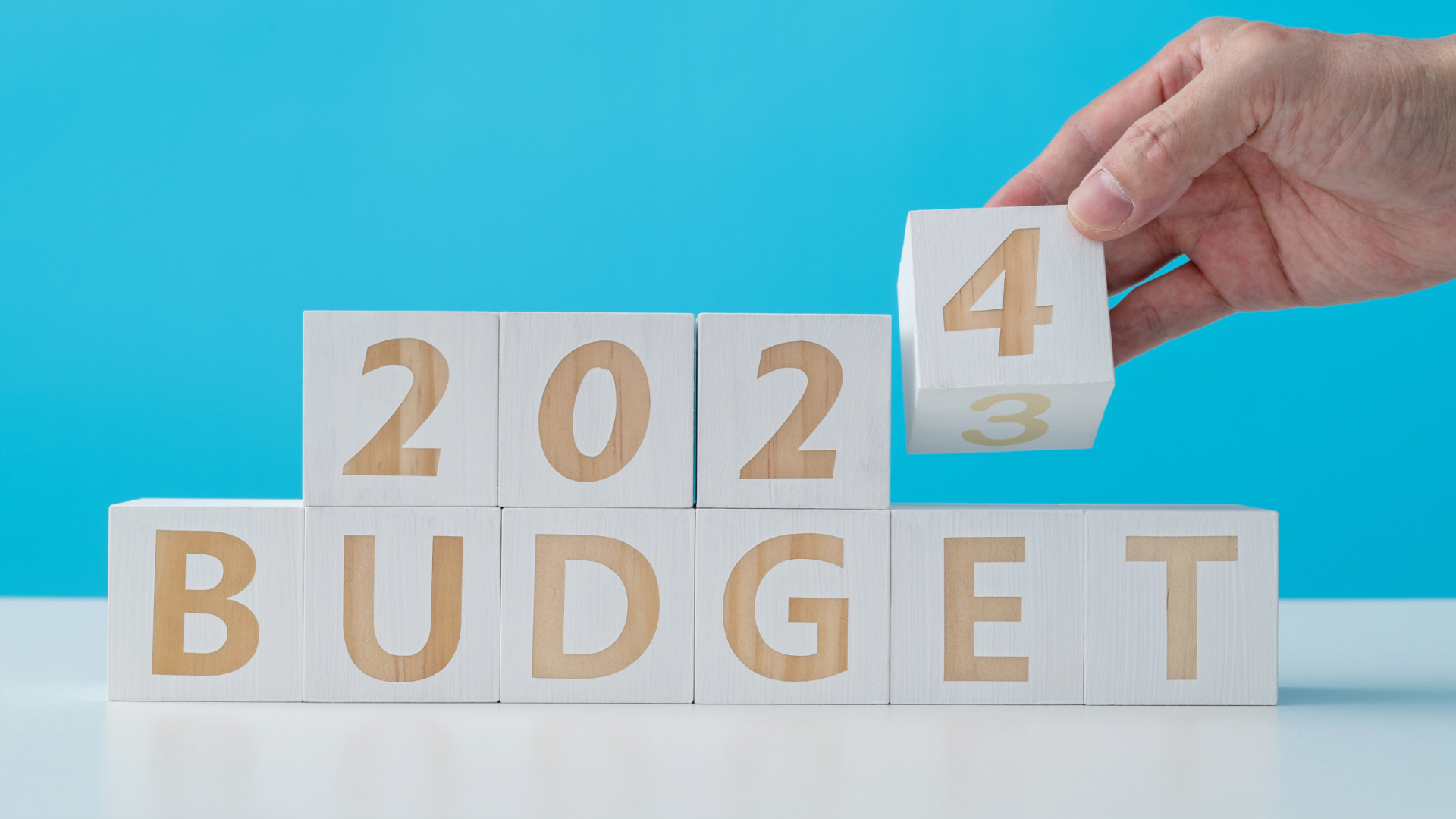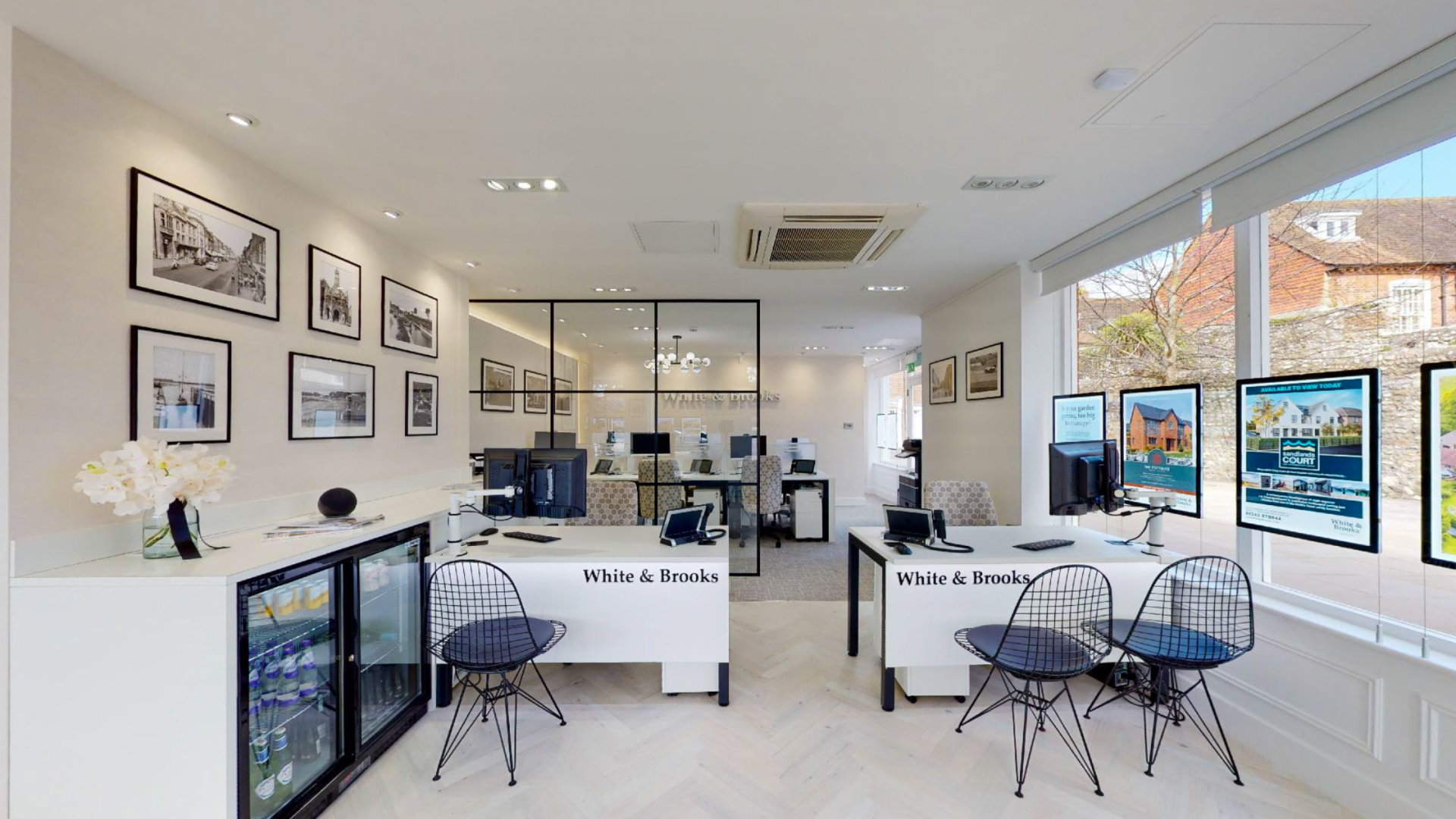With house prices at a record high, buying your first property alone can be tricky but purchasing with a friend or partner could be your solution to getting on the housing ladder.
According to Mortgage Advice Bureau, the number of cohabiting couples who submitted joint mortgage applications in 2020 rose by 60% year-on-year. Pulling two salaries together to provide better affordability and flexibility in terms of mortgage choices makes sense, and here’s how.
A person earning £30,000 per year could possibly attain a mortgage of £120,000 - £134,000. With a 5% deposit (£6,000), they could look at a property worth around £126,000 - £140,000 – unlikely to buy you much in the current market. Now, put two of these salaries together, the potential mortgage availability would jump to around £220,000 plus the deposit you put in together, giving you far more purchasing power.
Exciting as buying your first property is, there are some important decisions to make and agreements to come to if you’re splitting the cost of a new home with someone else. So, here are 6 things to consider when purchasing with a partner, relative or friend:-
- How will you split the costs?
Perhaps the most important conversation to have is around money. If you’re both putting in the same amount, then splitting the mortgage payments and bills equally, then it’s fairly straightforward.
What if, however, one of you earns more and is putting in a larger percentage in terms of deposit, as well as paying more towards monthly bills. Or perhaps one of you has a bigger cash deposit but a lower disposable income and therefore the other party will pay more on a monthly basis. Whatever you decide, it might be worth having something legally binding written up.
- What form of ownership should you have?
Up to four people can jointly be registered as legal co-owners of a property and there are two ways of splitting the ownership:
- Joint tenancies: this option is favoured by married couples and people in civil partnerships where ownership is split equally, regardless of monies invested by each party (unless a legal agreement has been put in place – see below). In this case, if one of the owners dies, their share of the property and mortgage (if not paid off by any life insurance, for example) is automatically passed to the joint owner(s).
- Tenants in common: this is favoured by groups of friends or relatives buying together, where the percentage shares of the property may not be equal. When one owner dies, their share of the property is inherited by whoever is specified in their will.
- Should you get a Deed Trust?
A Deed of Trust (sometimes known as a Declaration of Trust) is a legally binding document. It is crucial if the owners have made varying financial contributions as it ensures everyone gets their fair share back. A Deed of Trust can note where one party has paid more towards the bills or made mortgage overpayments so when the property is sold, the resulting proceeds will be divided to reflect these extra payments. In addition, a Deed of Trust can protect the money a third-party has invested in a property when they are not listed on the title deed.
- Whose bank account pays the mortgage?
Consider a joint bank account to pay the mortgage and all the bills. This work best if both parties pay in a set amount each month to cover home-related outgoings. Adding a little extra each month also creates a buffer to cover price increases or unexpected expenses.
- Should both names be on the bills?
Ideally, yes. This not only means you are both equally liable, even if only one of you pays, but both have complete visibility. If changes need to be made, no matter how small, it would only be the account holder who could make those amendments.
- Who owns what we buy for the property?
You could agree to always purchase appliances or items of furniture together so that everything is equal but the higher earner could choose to buy everything, or you could buy yourself what you need. However you fund purchases, decide on what happens should you go your separate ways down the line. Keeping an inventory is also a good idea to keep tabs of everything that has been bought and with what funds.
Buying a property with a friend, relative or a partner means you share more than the cost of a mortgage and bills. Just imagine, two or more people to do the dishes, cook dinner, put the bins out and always a companion to binge watch Netflix with.
Ready to buy? Get in touch with White & Brooks today.


 By
By 



Share this with
Email
Facebook
Messenger
Twitter
Pinterest
LinkedIn
Copy this link